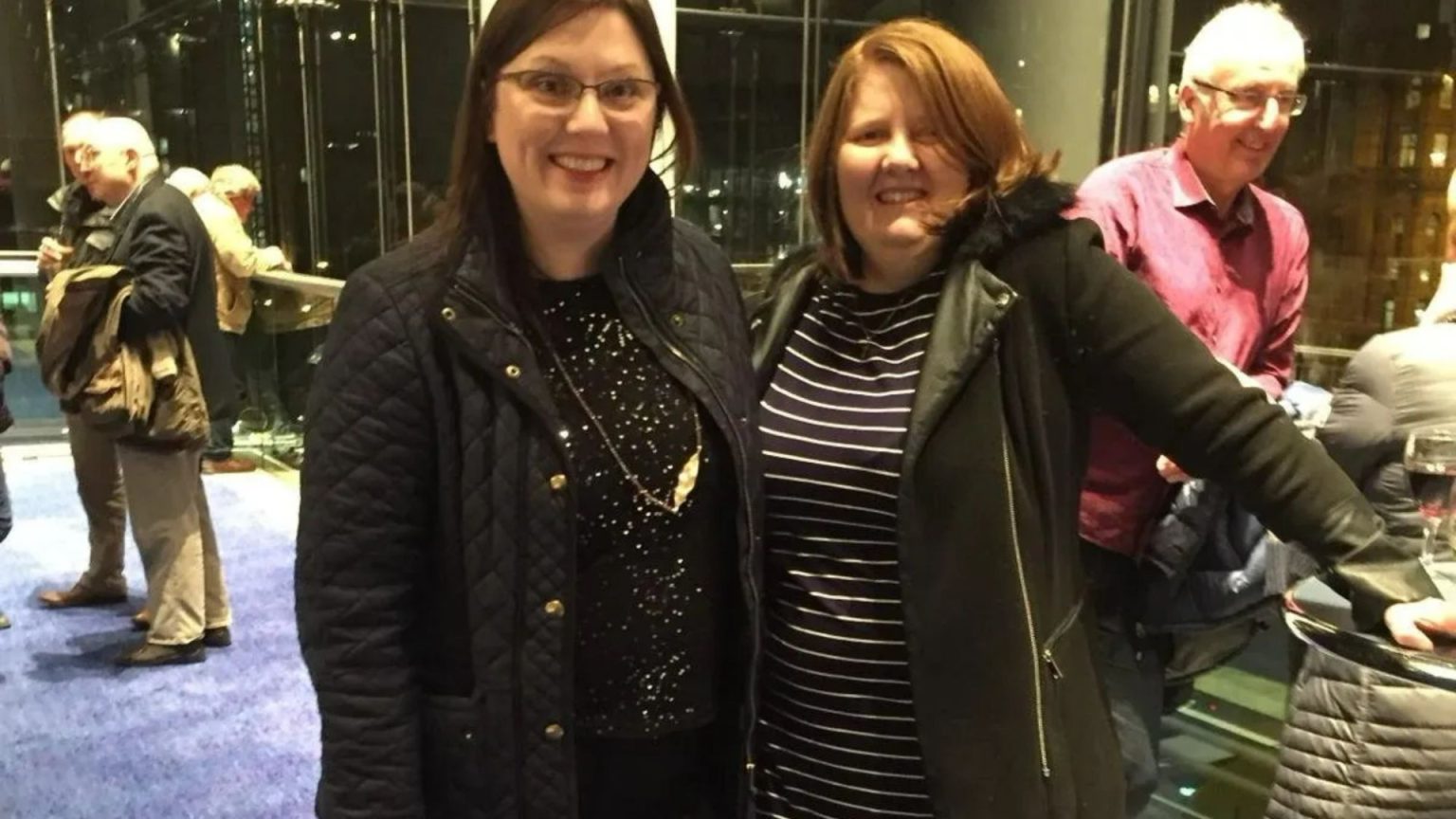Vanessa Rudden’s life was tragically cut short by a glioblastoma, an aggressive form of brain cancer, at the age of 44. However, for years leading up to her diagnosis, Vanessa’s debilitating symptoms, including hallucinations and paranoia, were misattributed to schizophrenia. This misdiagnosis led to her being sectioned under the Mental Health Act, causing immense distress and delaying the crucial treatment she desperately needed. It wasn’t until her final year of life, after experiencing a seizure, that an MRI scan revealed the golf ball-sized tumor residing in her left temporal lobe. This devastating discovery exposed the true culprit behind her years of suffering, leaving her family heartbroken and questioning the medical care she had received. Vanessa’s sister, Georgina Doherty, now champions the cause of brain tumor research, driven by the belief that earlier diagnosis could have saved her sister’s life. Vanessa’s case underscores the critical need for improved diagnostic procedures and a deeper understanding of brain tumor symptoms, especially when they mimic other neurological or psychiatric conditions.
Georgina recalls Vanessa as a vibrant and vivacious individual, a lover of music and deeply committed to her career. The stark contrast between Vanessa’s true nature and the debilitating symptoms she experienced highlights the insidious nature of brain tumors and the devastating impact they can have on individuals and their families. Georgina vividly remembers Vanessa complaining of a sensation akin to a worm in her brain, a symptom tragically dismissed by medical professionals as a manifestation of her supposed mental illness. This dismissal, in retrospect, represents a missed opportunity for early intervention and underscores the importance of taking patients’ subjective experiences seriously, even when they seem unusual or difficult to explain. The years of misdiagnosis and mistreatment not only robbed Vanessa of precious time but also subjected her to unnecessary hardship and emotional distress.
Following the discovery of the tumor, Vanessa underwent a debulking surgery to remove as much of the cancerous growth as possible. Despite the grim prognosis of only a few months to live, Vanessa faced her fate with remarkable strength and courage. She embraced the time she had left, creating a bucket list of cherished experiences she wanted to accomplish before her passing. This list became a testament to her resilient spirit and her determination to make the most of her remaining days. Vanessa’s proactive approach to her terminal illness, including planning her own funeral, speaks volumes about her strength of character and her desire to maintain control in the face of adversity. For Georgina, the impending loss of her sister was a profound blow, a sense of being cheated out of their shared future.
Brain tumors represent a significant health challenge, affecting thousands of individuals annually, often with devastating consequences. They are the deadliest form of cancer in both children and adults under 40, dramatically reducing life expectancy. The statistics surrounding brain tumor survival rates are stark, with only a small percentage of adults surviving five years after diagnosis. This grim reality emphasizes the urgent need for increased research funding and improved treatment options. While benign brain tumors grow slowly and are less likely to recur, malignant tumors, originating in the brain or spreading from elsewhere in the body, pose a far greater threat, often recurring even after treatment. The diverse range of symptoms associated with brain tumors, from headaches and seizures to personality changes and cognitive impairment, further complicates diagnosis and can lead to misattribution of symptoms, as in Vanessa’s case.
The range of symptoms associated with brain tumors can vary widely, making diagnosis complex and often delayed. Headaches, seizures, nausea, vomiting, and memory problems are common indicators, but changes in personality, weakness or paralysis on one side of the body, and difficulties with speech or vision can also occur. The NHS advises seeking medical attention if experiencing any of these symptoms, especially headaches that differ from usual patterns. This advice underscores the importance of early detection and the need for individuals to be proactive in their healthcare. Vanessa’s experience serves as a poignant reminder that seemingly disparate symptoms can sometimes point to a serious underlying condition, highlighting the importance of thorough medical investigation.
Against the odds, Vanessa lived for ten months after her diagnosis, exceeding the initial prognosis and allowing her to fulfill some of her heartfelt wishes. Supported by her loving mother, Mary, Vanessa was able to spend precious time with family, revisit her university, and savor a special steak dinner. These seemingly simple experiences held profound meaning in her final months, offering moments of joy and connection amidst the profound sadness. Vanessa’s story, while tragic, also exemplifies the importance of hope and resilience in the face of adversity. Her determination to live fully in her remaining time is a testament to the human spirit’s capacity to find meaning and purpose even in the darkest of circumstances. Her legacy lives on through her sister’s advocacy, raising awareness about brain tumors and the critical need for continued research.


